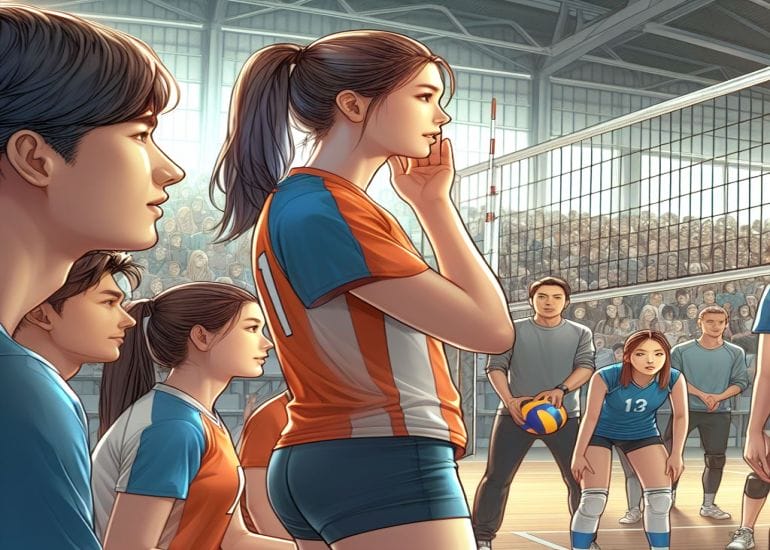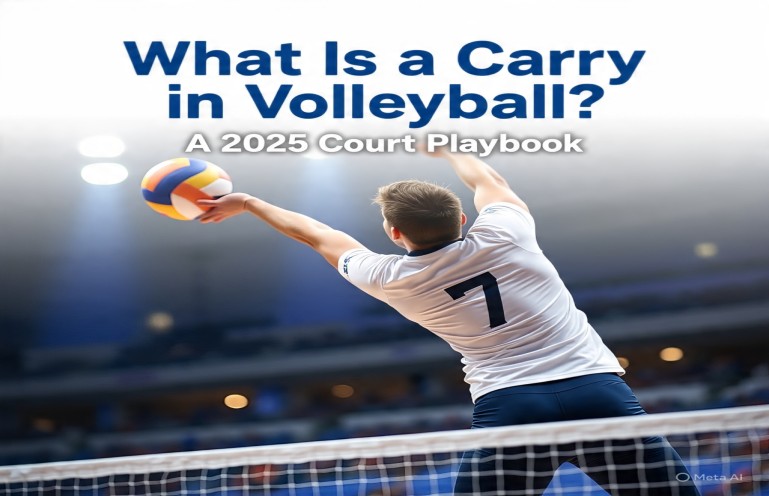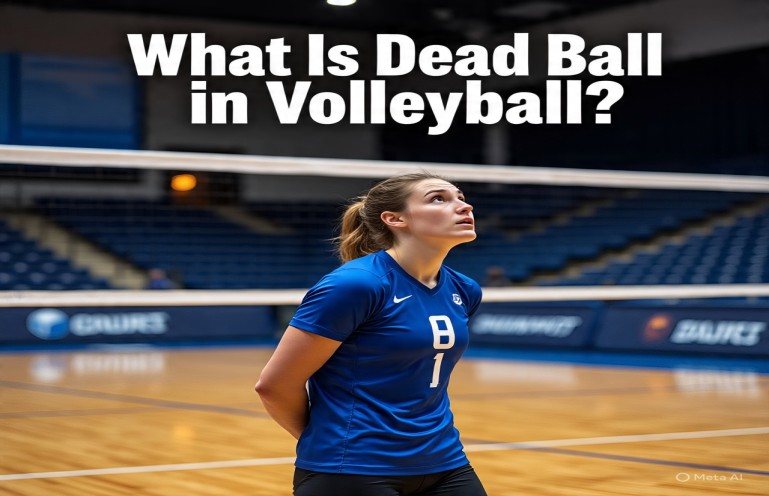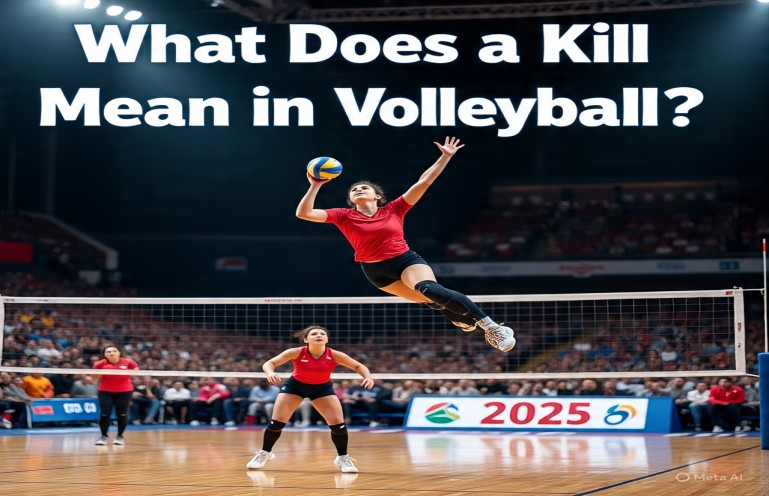Effective communication plays a pivotal role in the success of volleyball teams. By really conveying on the court, team can limit blunders, execute plays with accuracy, and eventually improve their overall performance. We should investigate the significance of communication in volleyball and how players can improve their communication skills to become better competitors.

Why effective communication important in volleyball?
Volleyball is a game that requires exact coordination and teamwork. Effective communication among players is fundamental for setting up plays, forestalling mistakes, and keeping up with union during extreme matches. Without clear communication, teams might battle to execute techniques actually and may encounter breakdowns in their interactivity.
What are the different communication styles in volleyball?
In volleyball, players employ various communication strategies to convey information and coordinate their movements on the court. Verbal communication involves speaking to teammates to provide instructions, call out plays, and alert others to openings on the court. Nonverbal communication, such as body language and eye contact, can also convey information without words. Additionally, players use hand signals to communicate specific instructions, such as signaling for a lower set or indicating readiness to receive a pass.

How players improve their communication skills?
Communication skills are not inborn; they can be created and sharpened through training and commitment. Players can improve their communication skills by establishing clear communication protocols with their teammates, including normalized hand signals and verbal prompts. Coaches assume a urgent part in giving feedback and guidance on powerful communication designs, helping players identify areas for improvement. Moreover, players can upgrade their listening abilities by practicing active listening techniques, for example, rewording and posing explaining inquiries.
How should players communicate during specific game scenarios?
Different game situations require various kinds of communication from players. For Example, during serve-get, communicate with teammates about the serve’s direction, while blockers ready teammates to the opposing setter’s area. During offensive attacks, hitters communicate with setters to guarantee status for a pass, while back-column players coordinate situating against the opposing team. Successful communication during explicit game situations upgrades team coordination and performance.
How players overcome communication barriers?
Different barriers can impede effective communication in volleyball, including noise levels in crowded gyms, language barriers in multicultural teams, and differences in communication styles between genders. Players can beat these barriers by utilizing clear non-verbal communication, keeping in touch, and enhancing their voices when essential. Moreover, team can utilize translators or language classes to work with communication in multicultural settings.

How does teamwork connect with effective communication in volleyball?
Teamwork and effective communication go hand in hand in volleyball. Effective communication allows teams to anticipate each other’s actions, read opposing team movements, and execute plays with precision. By building trust, sharing experiences, and providing critical feedback, effective communication strengthens teamwork and enhances overall performance on the court.
Conclusion
In conclusion, effective communication is vital for success in volleyball. By employing various communication strategies, improving communication skills, and overcoming communication barriers, players can enhance team coordination and performance. Ultimately, effective communication fosters teamwork, minimizes errors, and contributes to a more successful and cohesive volleyball team.



